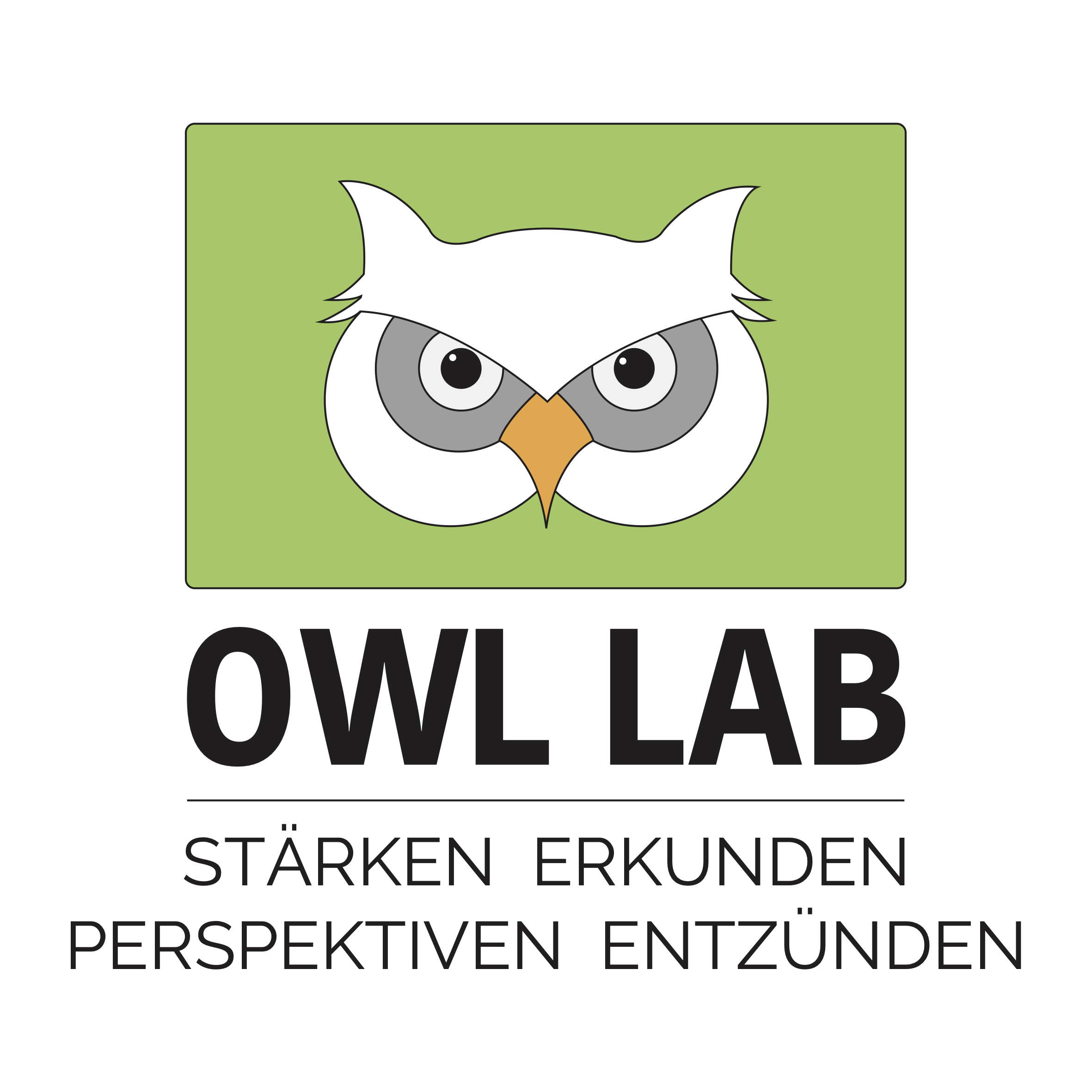SKILLS MISSING ON THE LABOUR MARKET
What are the effects of the shortage of skilled workers in technology and which skills are missing on the labor market? What skills will be in demand in the future?
Furthermore, COVID is confronting companies with a multitude of challenging dynamics at the same time: The pandemic is acting as an accelerant, mercilessly revealing weaknesses in companies.
A total of 35 executives from the building sector answered questions. The focus was on the value chain of smart building technologies.
The result is a map of the current challenges, but also of the lessons learned from the pandemic, which are important drivers for resilience and crisis resistance. However, it also highlights the areas for action and the possible consequences if no measures are taken.
You will also find solutions in it – either analyzed from the interviews or from further studies and surveys. The sources can be found in the appendix.
